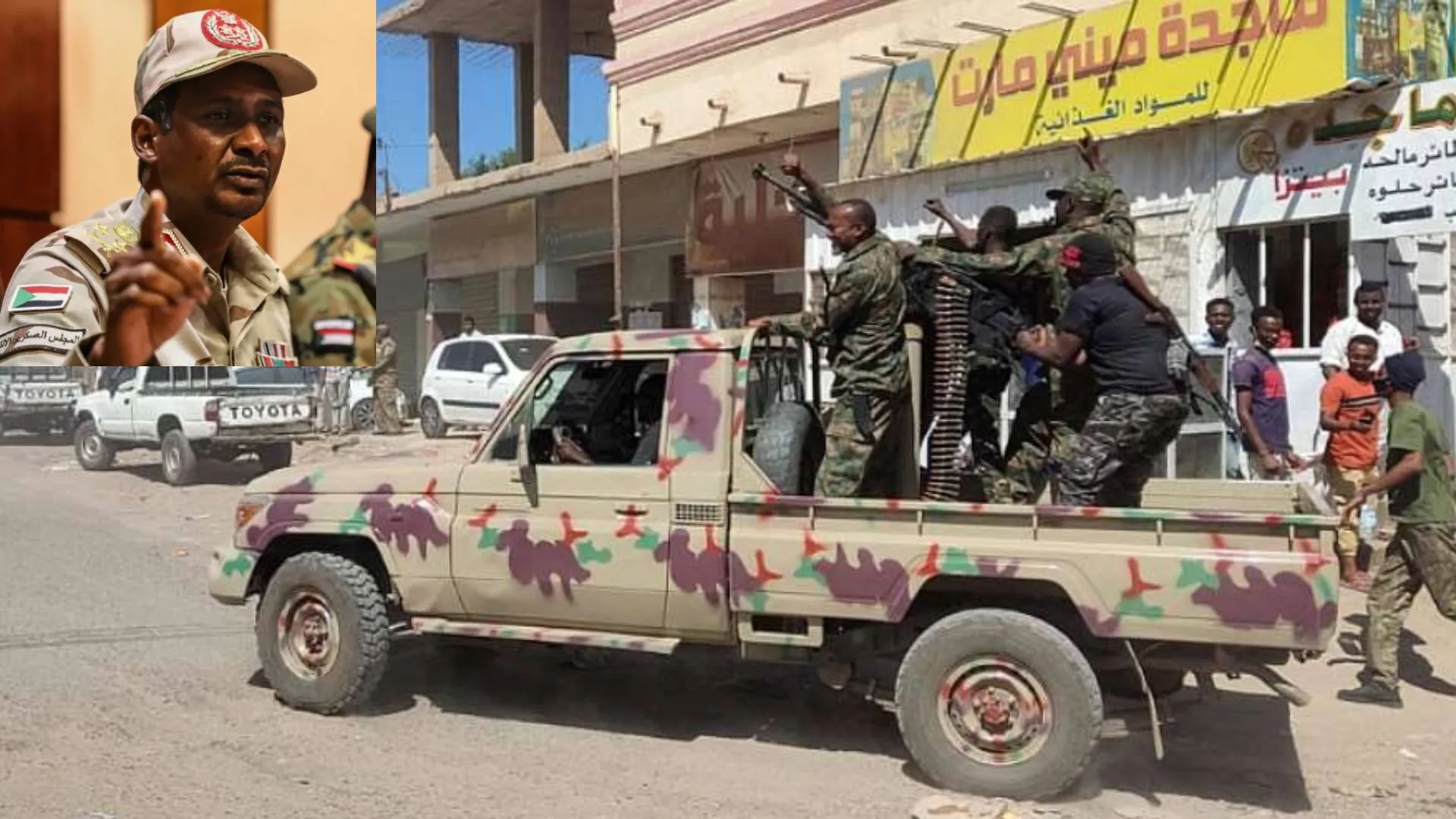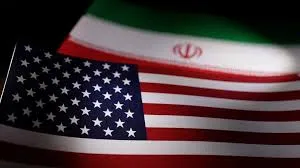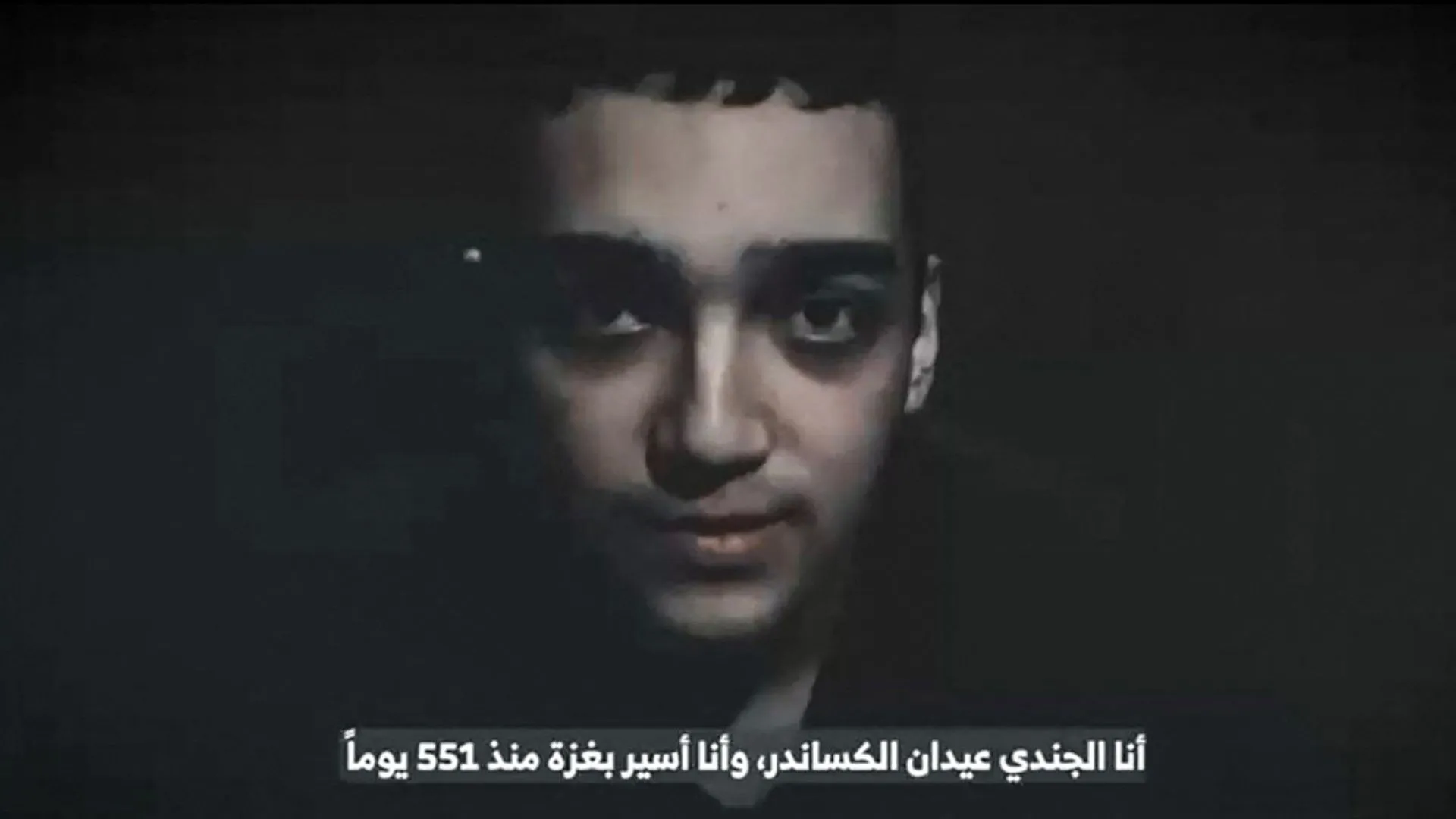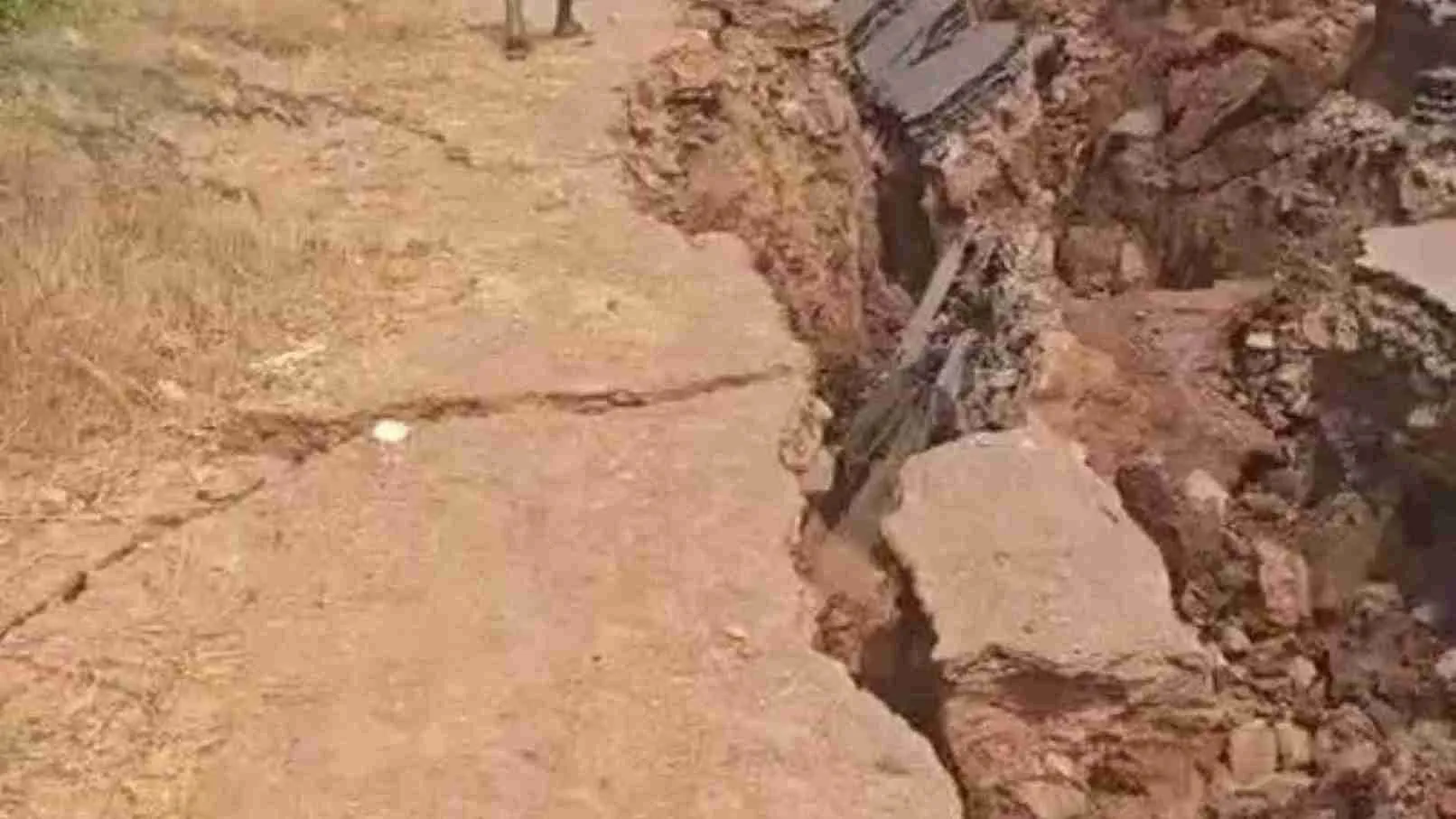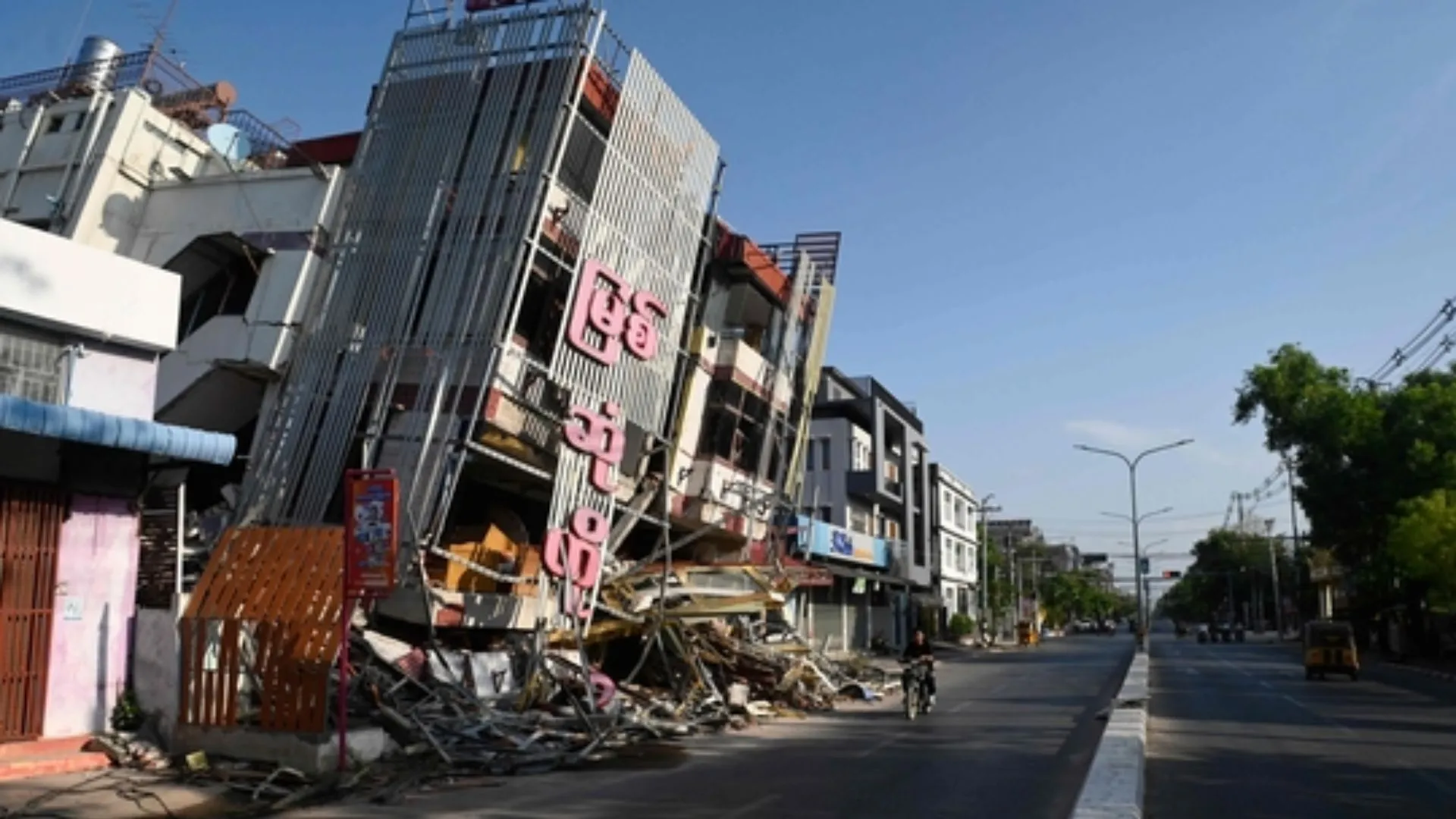The United States has formally accused the paramilitary Rapid Support Forces (RSF) of Sudan of committing genocide during the country’s devastating 20-month conflict. US Secretary of State Antony Blinken announced sanctions on RSF leader Mohamed Hamdan Dagalo citing the systematic atrocities against civilians. Mohamed Hamdan Dagalo is widely known as Hemedti.
The RSF and allied militias have reportedly engaged in mass killings. They even target “men and boys, even infants,” alongside brutal sexual violence against women based on ethnicity. The attackers have targeted civilians fleeing the violence, further worsening the humanitarian crisis
“Based on this information, I conclude that members of the RSF and allied militias have committed genocide in Sudan,” Blinken stated.
RSF Denies Charges, Criticizes US Action
Mohamed Hamdan Dagalo aka Hemedti’s adviser, El-Basha Tbaeq, accused the US of double standards. He also accused the US of addressing Sudan’s crisis effectively. On his X account, he argued that the sanctions could complicate peace efforts and hinder negotiations aimed at resolving the conflict.
“The decision… expresses the failure of the [US President Joe] Biden administration to deal with the Sudanese crisis and the double standards it followed [with regards to the crisis],” El-Basha Tbaeq, said in a post on his X account.
The RSF has been embroiled in a brutal conflict with Sudan’s military since April 2023. This contributes to one of the world’s worst humanitarian crises. Reports suggest that up to 150,000 people have been killed, with famine declared in several areas. Nearly half of Sudan’s population—24.6 million people—urgently need food aid.
US Sanctions Target RSF Leadership and Gold Trade
Blinken said neither the RSF nor Sudan’s military were fit to govern Sudan. “Both belligerents bear responsibility for the violence and suffering in Sudan and lack the legitimacy to govern a future peaceful Sudan,” he said.
The sanctions target Hemedti, his immediate family, and RSF-linked businesses. Seven RSF-owned companies, primarily involved in the gold trade, and one individual were sanctioned for aiding the paramilitary group in procuring weapons.
The US Treasury also highlighted the role of Hemedti’s brother, Algoney. He controlled AZ Gold’s UAE bank account, holding millions of dollars. Hemedti and the RSF control lucrative gold mines in Sudan and neighboring regions, funding their operations.
International Implications of US Action
The UAE denied accusations of funding the RSF and reiterated its commitment to combating financial crime. The sanctions aim to pressure regional backers to distance themselves from the RSF and avoid business dealings with the group.
While Hemedti is unlikely to have assets in the US, the genocide designation and sanctions severely impact the RSF’s business network. They also complicate the RSF’s control over 50% of Sudan, including Darfur and Khartoum.
Challenges Ahead for Sudan’s Peace Efforts
Blinken emphasized that neither the RSF nor Sudan’s military holds the legitimacy to govern Sudan, urging both sides to end the violence. Recent indications of the Sudanese army’s willingness to accept Turkish mediation suggest a potential opening for peace talks.
The US intervention, supported by bipartisan Congress members, signals a stronger stance against the RSF’s actions. However, its immediate effect on the ground remains uncertain, with regional diplomacy playing a critical role in Sudan’s future.
This move by the outgoing Biden administration highlights the urgency of addressing Sudan’s humanitarian crisis and sets the stage for the incoming US leadership to take decisive action.

